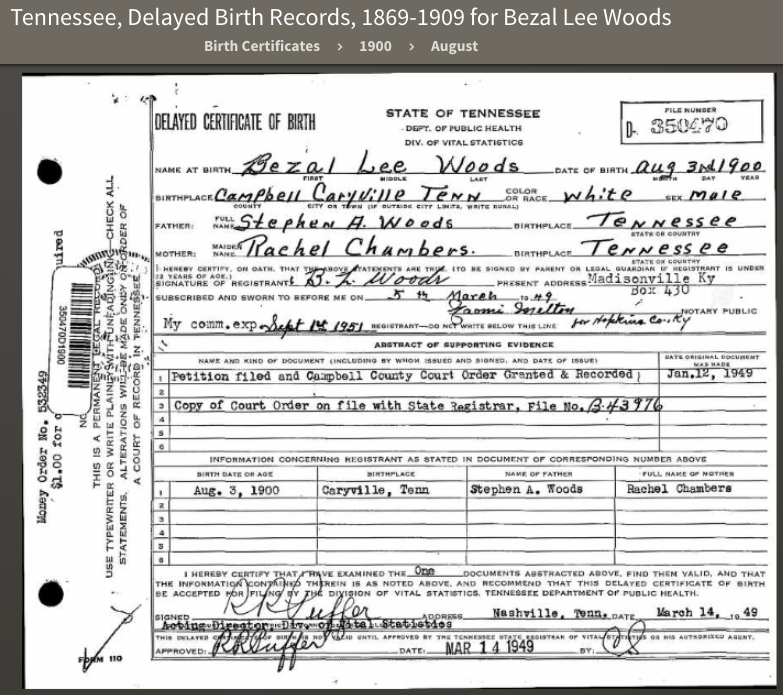A federal appeals court panel ruled on Friday that Tennessee does not unconstitutionally discriminate against transgender people by not allowing them to change the sex designation on their birth certificates. The decision, rendered by a 2-1 vote, was authored by 6th U.S. Circuit Court of Appeals Judge Jeffrey Sutton, who upheld a 2023 district court ruling. Sutton stated that there is no fundamental right to a birth certificate recording gender identity instead of biological sex.

Judge Sutton’s opinion emphasized that Tennessee’s policy, which has been in place for more than half a century, was not created out of animus against transgender people. He pointed out that the policy predates medical diagnoses of gender dysphoria. Sutton also noted the diversity in state practices regarding birth certificate changes. Some states allow changes with medical evidence of surgery, others require lesser medical evidence, and only 11 states currently allow changes based solely on a person’s declaration of their gender identity.

Tennessee’s practice of reflecting the sex assigned at birth on birth certificates is used for statistical and epidemiological purposes, which inform the provision of health services nationwide, Sutton explained. He questioned how a government could maintain uniform records if societal norms dictated the language and information collected, suggesting that the state’s approach was pragmatic and necessary for consistency.

The plaintiffs in the case, four transgender women born in Tennessee, argued that sex should be determined by gender identity rather than external genitalia. In their court filings, they described gender identity as “a person’s core internal sense of their own gender.” They claimed that Tennessee’s prohibition on changing birth certificate sex designations serves no legitimate government interest and subjects transgender individuals to discrimination, harassment, and violence when their birth certificate does not match their gender identity.

Judge Helene White, in a dissenting opinion, sided with the plaintiffs, who were represented by Lambda Legal. White argued that forcing transgender individuals to use birth certificates indicating their sex assigned at birth causes confusion and potential harm. She stated that this inconsistency invites discrimination and questioned whether the individual on the birth certificate is the person in question.

Despite the ruling, Lambda Legal did not immediately respond to requests for comment on Friday. The legal organization has been active in challenging policies that they believe discriminate against transgender individuals, and this case was no exception. Their argument focused on the broader implications of such policies on the lives and safety of transgender people.

Tennessee Attorney General Jonathan Skrmetti supported the ruling, stating that the question of changing the sex designation on a birth certificate should be left to the states. Skrmetti highlighted Tennessee’s long-standing practice of recording biological sex on birth certificates, noting that the state has consistently treated birth certificates as records of biological facts rather than expressions of gender identity.

The decision has sparked debate among legal experts and advocates for transgender rights. Some view it as a setback for transgender individuals seeking recognition and protection under the law. Others see it as an affirmation of state authority over birth records and related policies.

As the conversation continues, the ruling may influence similar cases and policies in other states. The balance between individual rights and state authority remains a contentious issue in the evolving landscape of transgender rights in the United States.





